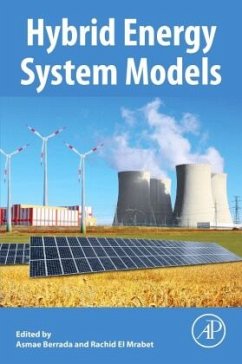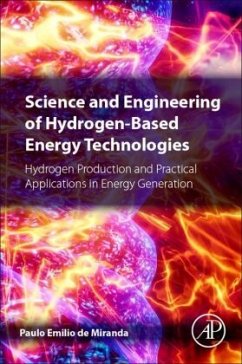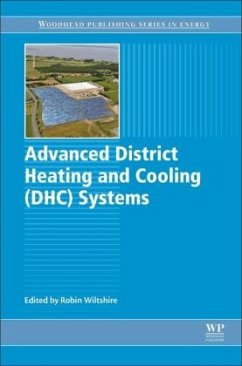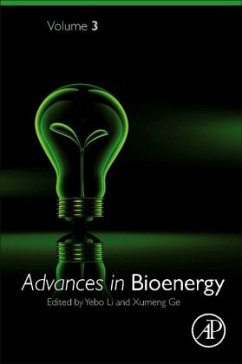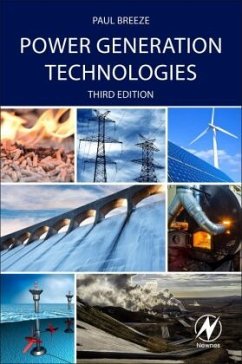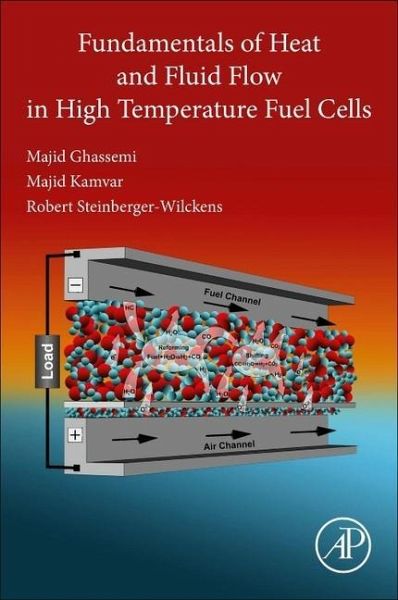
Fundamentals of Heat and Fluid Flow in High Temperature Fuel Cells

PAYBACK Punkte
60 °P sammeln!
Fundamentals of Heat and Fluid Flow in High Temperature Fuel Cells introduces key-concepts relating to heat, fluid and mass transfer as applied to high temperature fuel cells. The book briefly covers different type of fuel cells and discusses solid oxide fuel cells in detail, presenting related mass, momentum, energy and species equation. It then examines real case studies of hydrogen- and methane-fed SOFC, as well as combined heat and power and hybrid energy systems. This comprehensive reference is a useful resource for those working in high temperature fuel cell modeling and development, inc...
Fundamentals of Heat and Fluid Flow in High Temperature Fuel Cells introduces key-concepts relating to heat, fluid and mass transfer as applied to high temperature fuel cells. The book briefly covers different type of fuel cells and discusses solid oxide fuel cells in detail, presenting related mass, momentum, energy and species equation. It then examines real case studies of hydrogen- and methane-fed SOFC, as well as combined heat and power and hybrid energy systems. This comprehensive reference is a useful resource for those working in high temperature fuel cell modeling and development, including energy researchers, engineers and graduate students.






